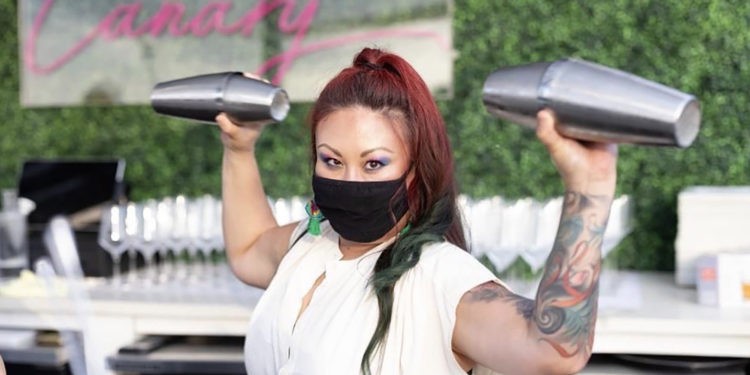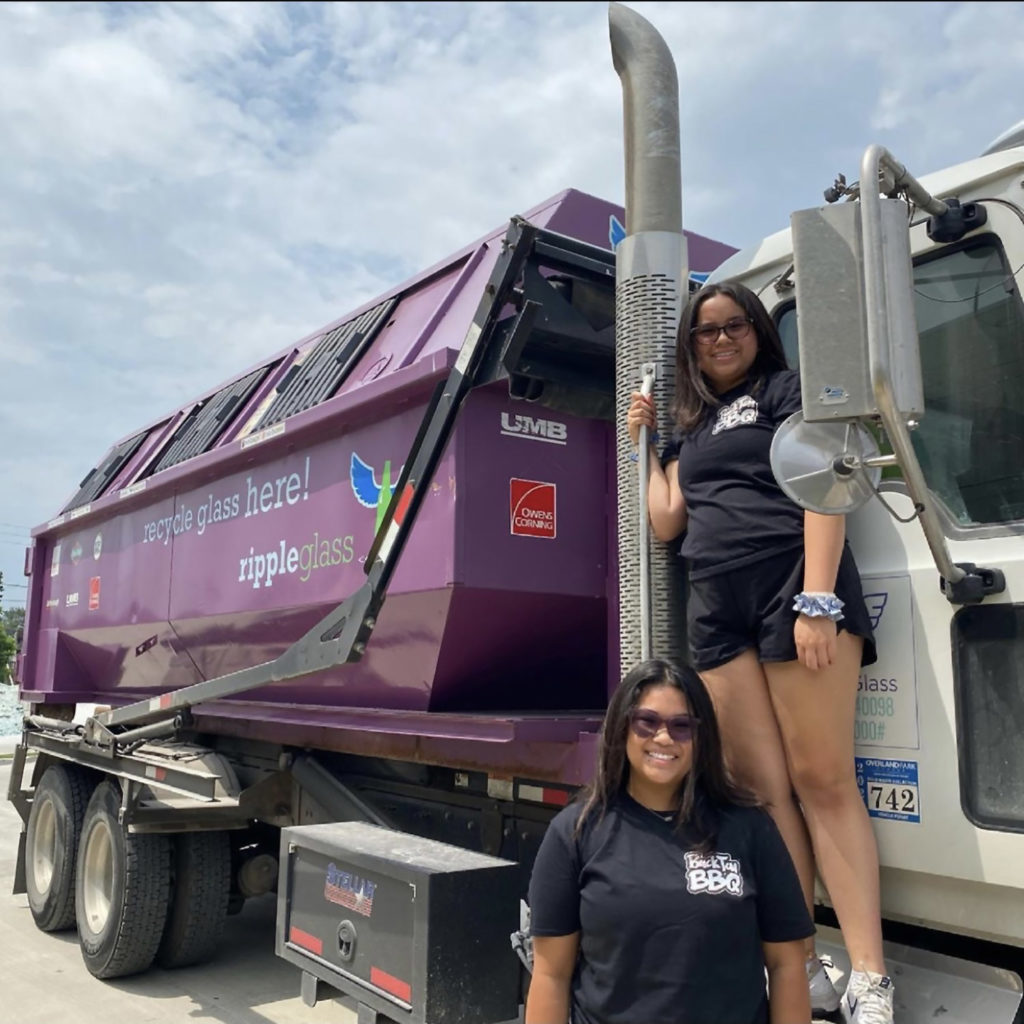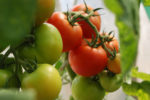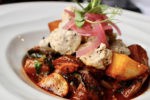Waste Not, Want Not

Story by Dave Eckert
No Waste Bars: I’d never heard the term before, but then I interviewed amazing mixologist Mari Matsumoto in just such a bar. As someone who abhors waste of any kind, I was intrigued by the concept and the practice. Turns out, “No Waste Bars” are just what they appear to be – bars that put a premium emphasis on wasting as little product as possible. Matsumoto, who will be heading up the bar program at the new Thai Barbecue Concept Buck Tui describes her philosophy this way. “I love working closely with the chefs to see what they’re bringing in and what they’re going to create, so I know what I can use behind the bar. For example, they may have a variety of fruit for various dishes, but I only need the rind for my cocktails. They use the fruit. I use the rind. Nothing is wasted,” Matsumoto told me. “Both Chef Kara Anderson, who will head up the kitchen at Buck Tui, and I are very passionate about the idea of ‘No Waste Kitchens and No Waste Bars’ – recycling, composting, and making sure that we’re good to the environment while we take care of our guests.”
Matsumoto, who came to town from San Francisco, has been a presence in the Kansas City bar scene for a while now. She was the Bar Manager at City Barrel for a year and a half. I first met her when she was working with the uber-talented Darrell Loo at Waldo Thai. Assisting her bar and restaurant friends throughout the metro during the pandemic, Matsumoto always carries her no-waste philosophy with her, and it has served her, her employers, and her customers well. “In addition to using as much of the products that come into the restaurant and bar as possible, I also want to make sure that any leftovers are going to provide meals for people who need them. We provide a lot of meals to people experiencing homelessness and food insecurity. I’m very proud of that,” Matsumoto shared. “We also work closely with Ripple Glass and recently fed their staff and got to see their facility and how they do things. That was great.”
Matsumoto says the no waste goal comes naturally to her. She views it as an extension of her personality and her profession. “Being in the restaurant industry for as long as I have, I have seen so much waste in the kitchen. It really struck me when I was in San Francisco, and you would see the tremendous problem they have with people experiencing homelessness at the same time you saw how much food was being wasted that could go to feed them. It really impacted me, and has definitely stuck with me,” Matsumoto said.
Over at Café Sebastienne in the Kemper Museum of Contemporary Art, Executive Chef Rick Mullins has been striving to achieve a no-waste kitchen for years. Mullins says he believes it’s the responsibility of all kitchens and chefs to minimize waste. “We have the ability, collectively, to make a positive impact on the planet and the people in our community who are in need. It’s clearly beneficial financially. But, for us, it’s less about the money and more about our responsibility to our community and the planet,” Mullins weighed in. “I have worked in kitchens where there was a lot of waste. I didn’t have the pull to change things, and it was heartbreaking to see.”
I asked Mullins what specific steps he and his staff take to minimize waste. He went straight to the point. “Order as little as possible so we do not create unnecessary waste. Compost what does get wasted. Recycle everything we can. And spread the philosophy to all new employees,” Mullins said.
Mullins says what he does at work mirrors what he does at home, so the whole concept of a no-waste kitchen is pretty effortless for him, which is great for us, the consumer, and ultimately, much better for the planet. Bravo!







